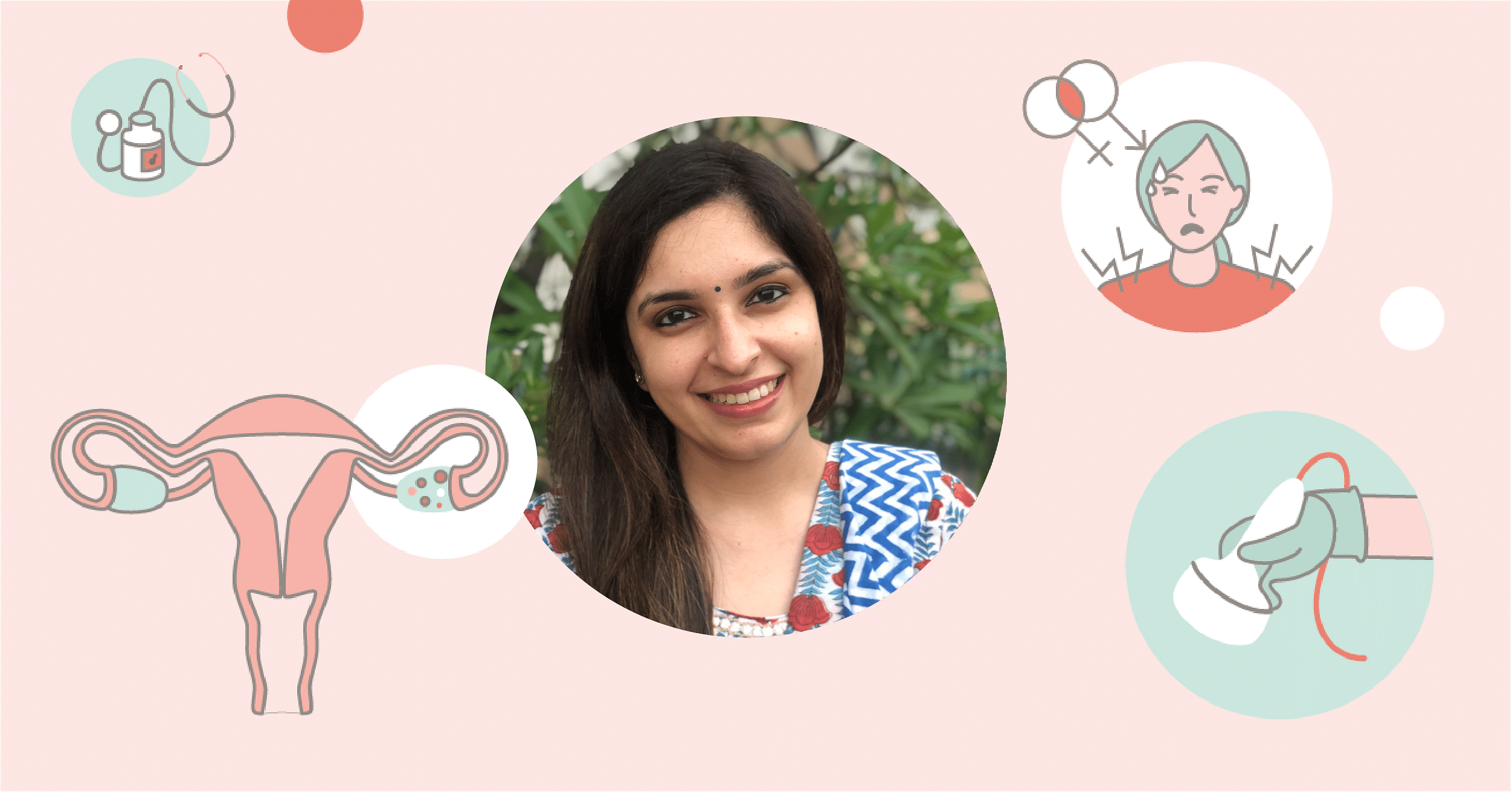Ovarian cysts are solid or fluid-filled sacs in an ovary or on its surface. PCOS and ovarian cysts go hand-in-hand as women with PCOS have several small cysts in their ovaries. But this does not mean that every woman with an ovarian cyst will have PCOS. There is a wide variety of ovarian cysts and PCOS is just one part of the spectrum. So what are they and why do ovarian cysts occur?
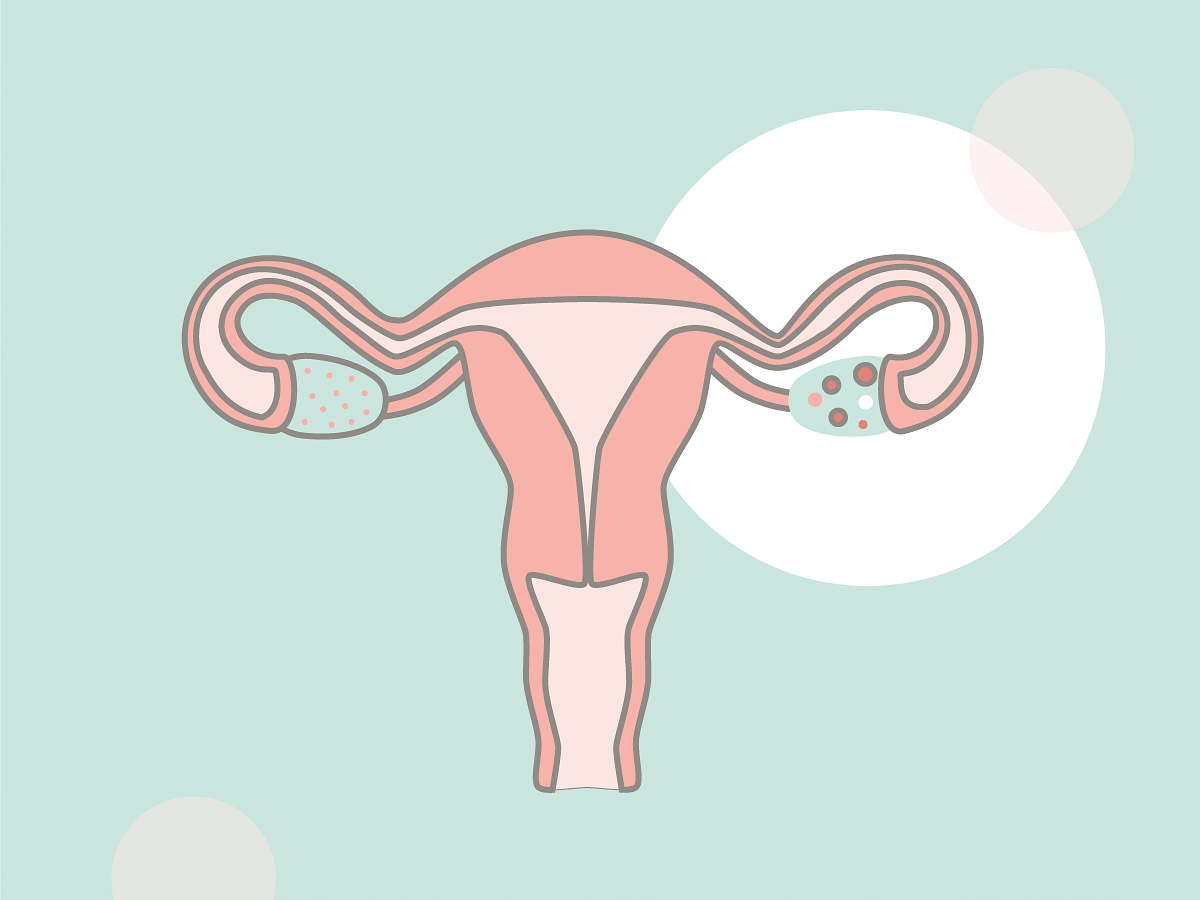
Why do ovarian cysts occur?
Most ovarian cysts are formed during the menstrual cycle because of hormonal changes. Most of these cysts are functional, which means that they develop on the surface of the ovary, like a follicular cyst or corpus luteal cyst.
There are other cyst formations too which make the ovary polycystic (‘poly’ means many, ‘cystic’ means having cysts). This, coupled with an unhealthy lifestyle and increased hormonal imbalance, can lead to PCOS.
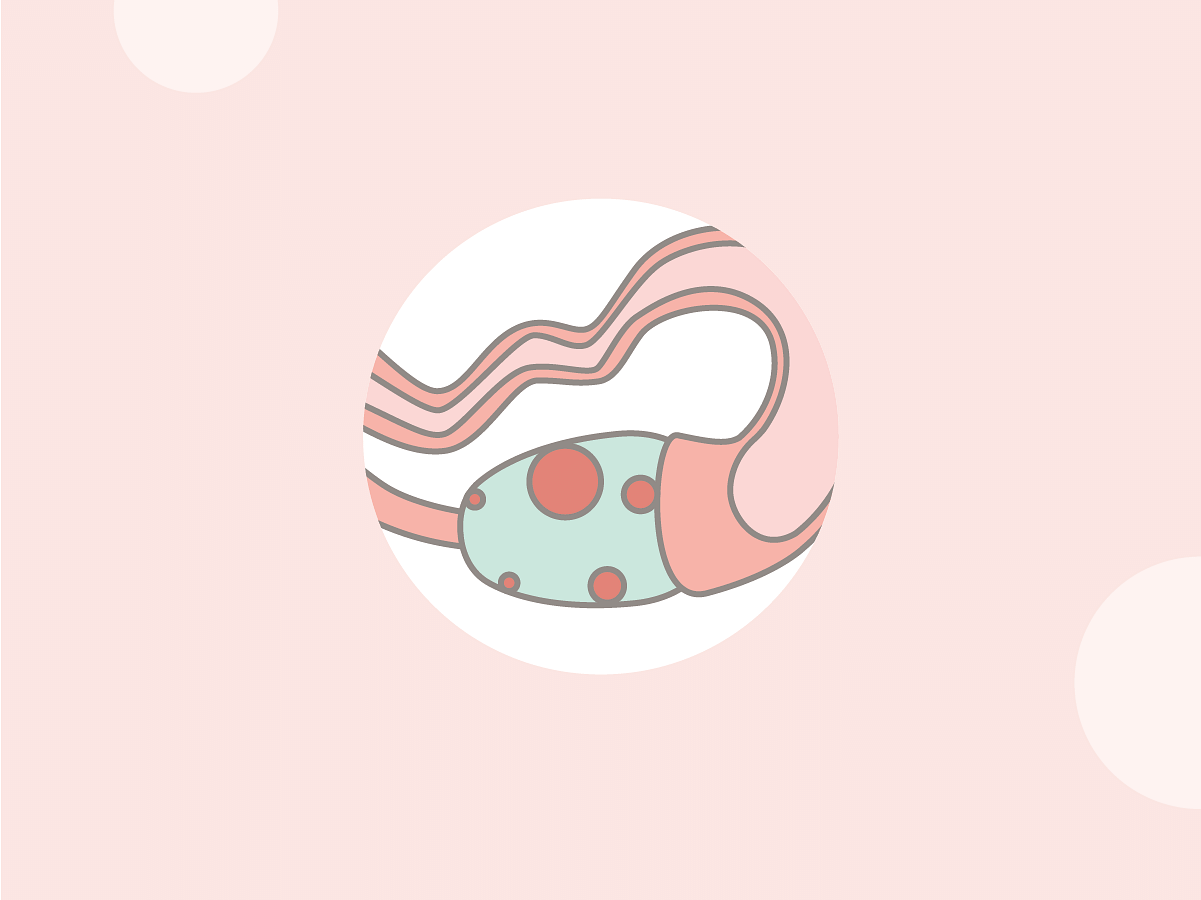
What is a chocolate cyst?
Another type of ovarian cyst which is a growth of lining on the surface of the ovary. These cysts are also called chocolate cysts. There are many theories for why it develops but the most common is retrograde menstruation – when your menstrual blood flows in the opposite direction.
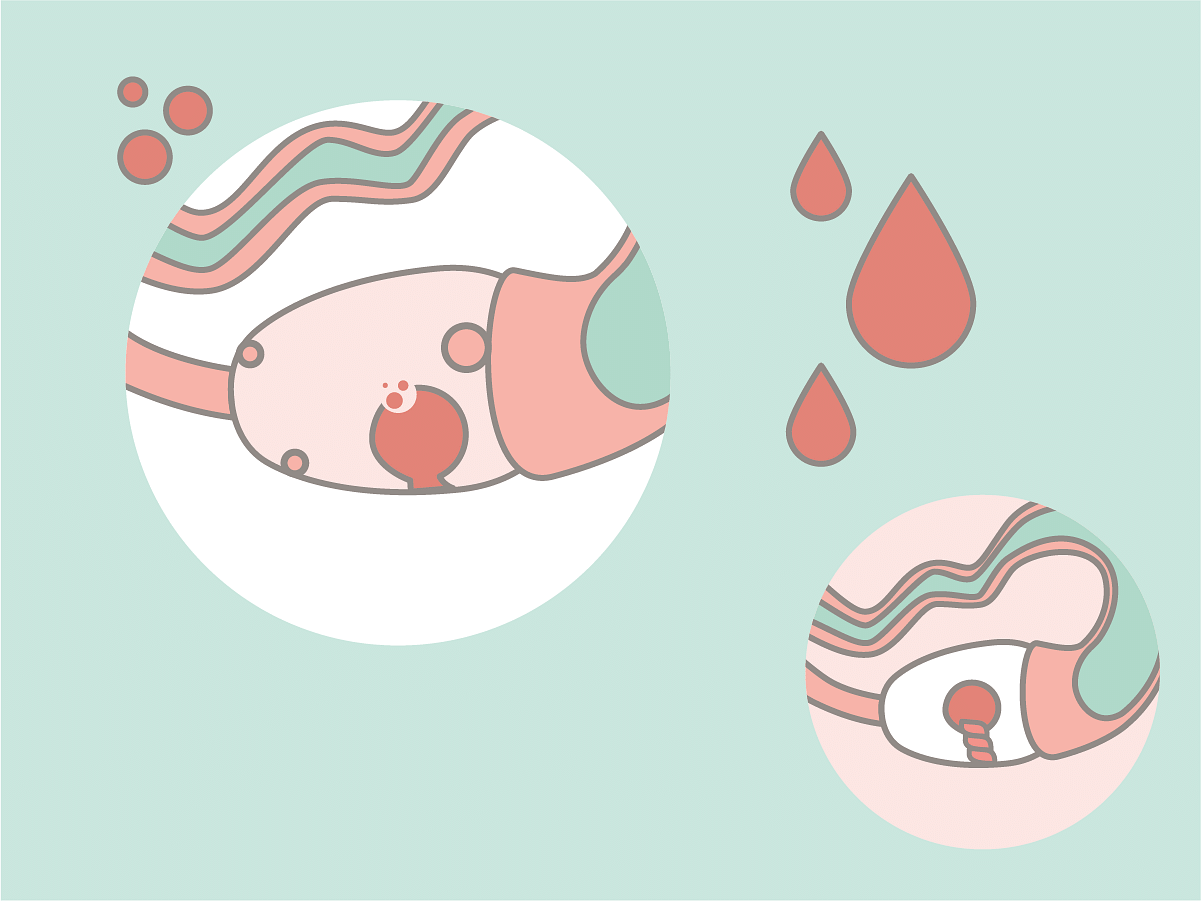
Can it be life threatening?
Ovarian cysts can be life threatening if they get ruptured or they rotate within you. If they are malignant and spread to other parts of the body, or if they cause internal bleeding, it can be dangerous. But for the most part, how to cure ovarian cysts can be answered easily.
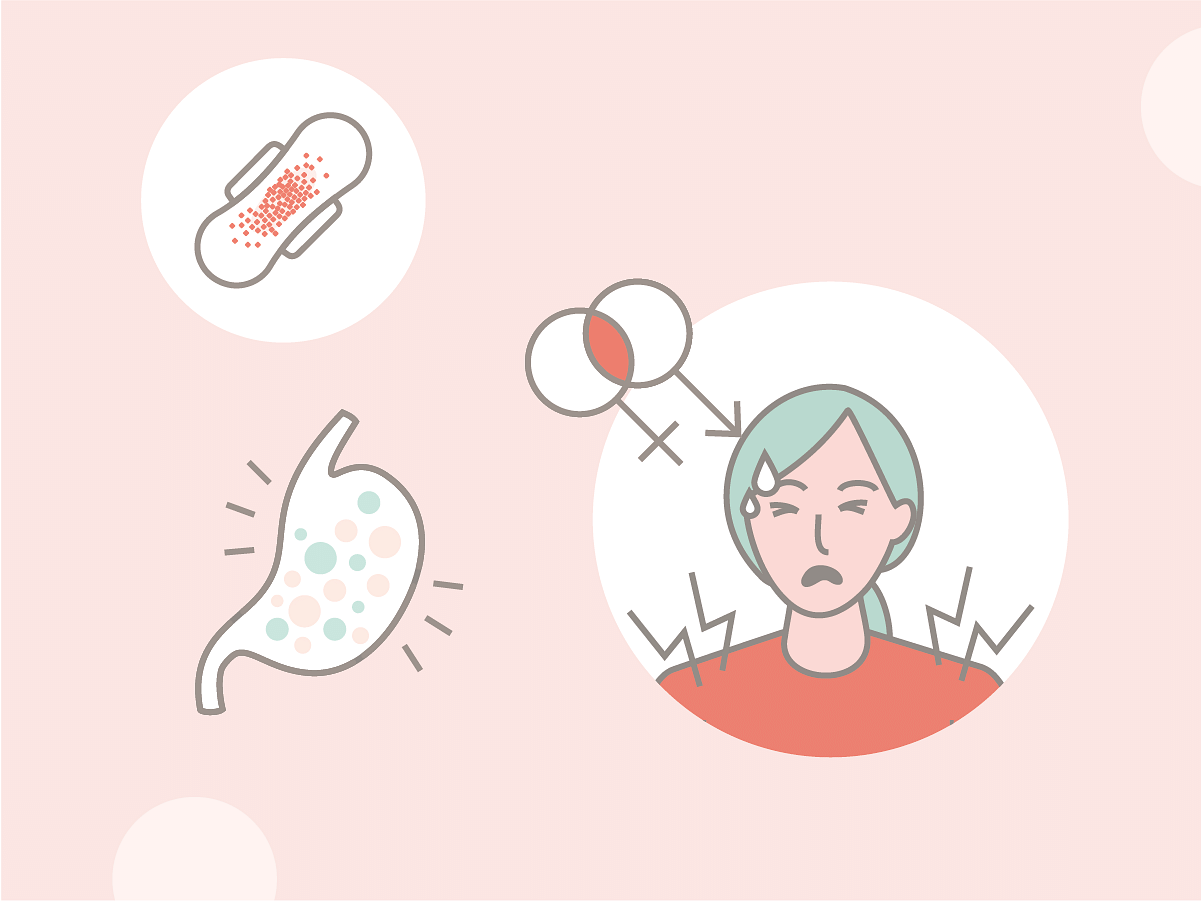
What are the symptoms, side effects and long term implications of a cyst?
Symptoms:
- Lower abdominal pain
- Lower back pain
- Pain during intercourse
- Irregular periods or heavy bleeding
- White discharge
- Bloating
Side effects:
- Indigestion
- Constant discomfort
- Bloating
Long term, an ovarian cyst may lead to:
- Cancer in the reproductive region of the body
- Diabetes
- Hypertension
- Obesity
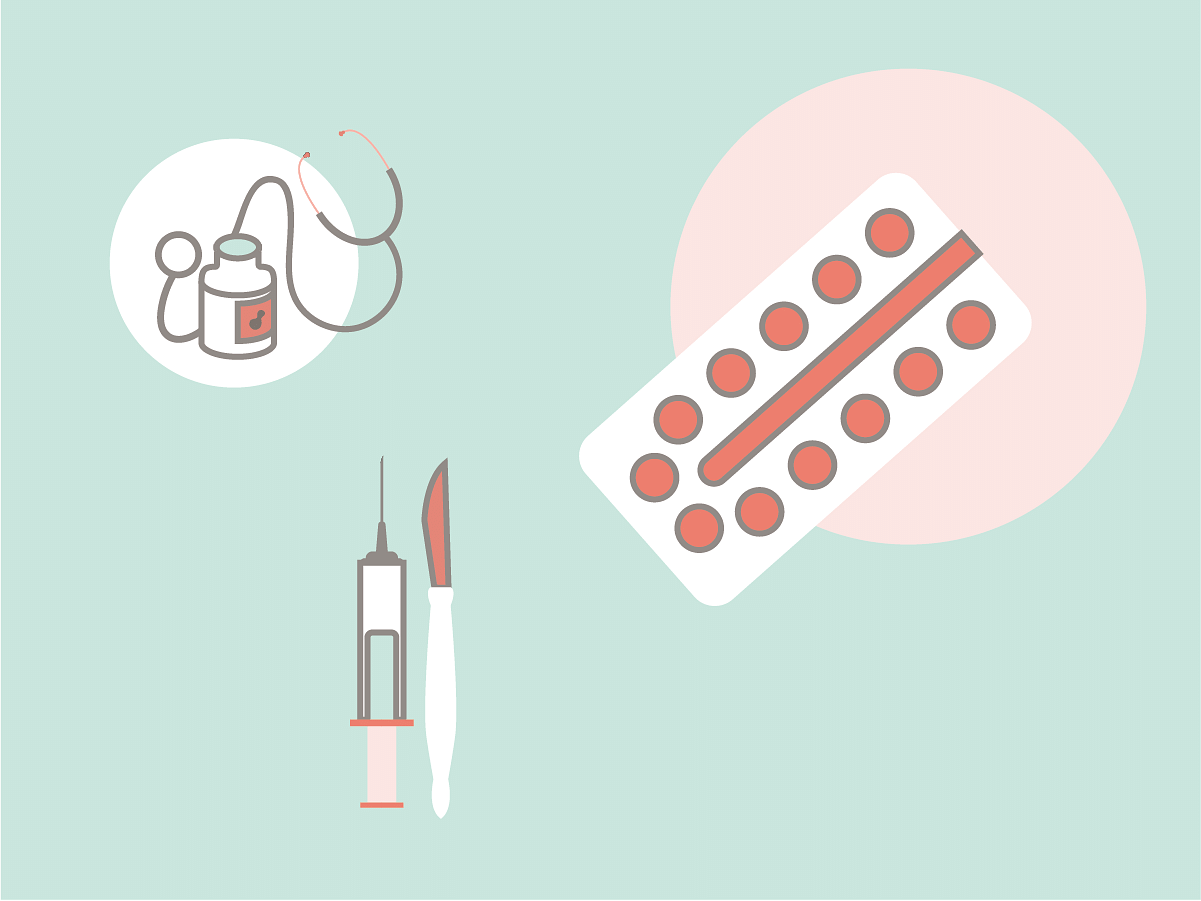
How to cure ovarian cysts without surgery ?
Cysts can be managed without surgery only if the size of the cyst is less than 5 cm, or if it is asymptomatic and falls into the category of a simple cyst. In such cases, birth control pills are usually prescribed for 3-4 months and the cyst eventually dissolves.
Surgery is only necessary if the ovarian cyst is very large, if the cyst is cancerous, or if you wish to improve your fertility.
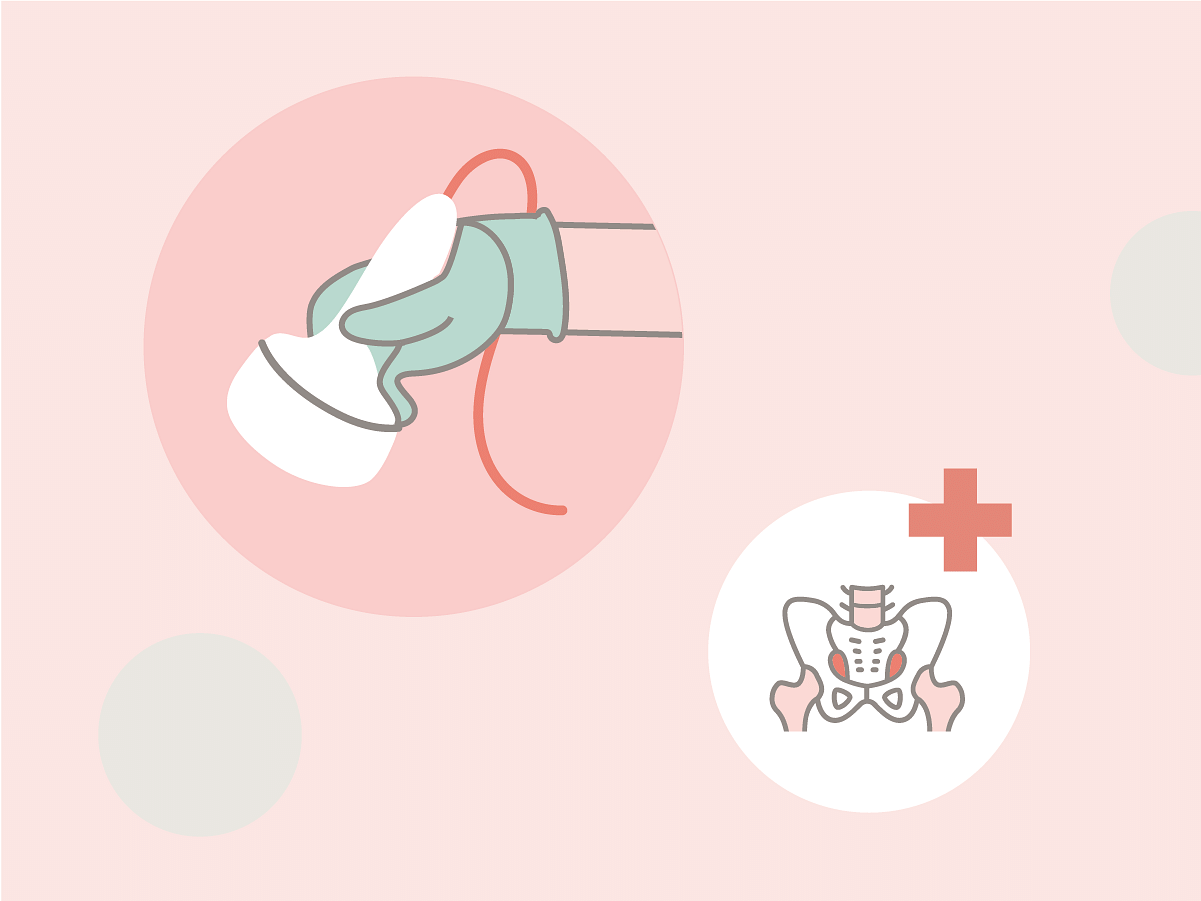
How do I recognize that I have a cyst?
Most cysts are asymptomatic and can be detected with a routine pelvic examination or ultrasound. Once identified, you can figure out how to cure ovarian cysts.
If you, or someone you know has been diagnosed with an ovarian cyst, do not worry. With a regulated lifestyle and appropriate medical intervention, you will know how to cure ovarian cysts. It is important to stay calm and face it head-on; it’s just another challenge in your life that you will get through.
Our experts work round the clock to provide you with the answers that you are looking for. So, if you have any, leave it in the comment section below or send us a DM at @nuawoman. This is a safe space that we have built for you so do not hold back on any doubts you may have about your body and mind.


